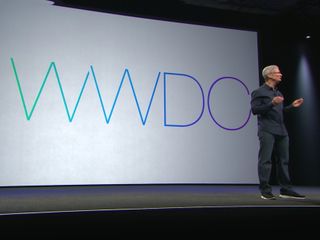Tech leaders unite on government data collection reform

After uniting over issues with net neutrality, tech leaders are once again coming together to protect the consumers. In an open letter penned to the United States government, AOL, Apple, Dropbox, Facebook, Google, LinkedIn, Microsoft, Twitter, and Yahoo are pleading with elected officials to put an end to data collection on the Internet in the age of Edward Snowden and the NSA.
The timely letter is written ahead of a Senate vote. The U.S. Senate will decide if it wants to pass a version of the USA Freedom Act in the next few weeks that would help to keep the Internet safe and secure.
A version of the bill had recently passed in the House, but that version, according to these tech giants, still allows the U.S. government to collect metadata on the Internet. This means that in the case of emails, the government could still obtain information like who is sending the message and who the recipient is. The technology companies that signed the letter are asking for greater protections than the House bill provides.
Asking that the government restricts data collection and allows technology companies to better report what data is being requested under new transparency rules in a bid to restore confidence in the Internet, the companies say that "it is critical to our customers that the bill allow companies to provide even greater detail about the number and type of government requests they receive for customer information."
"We understand that governments have a duty to protect their citizens," the letter signed by Tim Cook, Mark Zuckerberg, Larry Page, Satya Nadella, and other technology leaders reads. "But the balance in many countries has tipped too far in favor of the state and away from the rights of the individual."
Citing that "confidence in the Internet" had been eroded domestically and internationally over the past year, these technology firms are asking that "U.S. surveillance efforts are clearly restricted by law, proportionate to the risks, transparent, and subject to independent oversight."
Source: Reform Government Surveillance
Master your iPhone in minutes
iMore offers spot-on advice and guidance from our team of experts, with decades of Apple device experience to lean on. Learn more with iMore!
Most Popular





